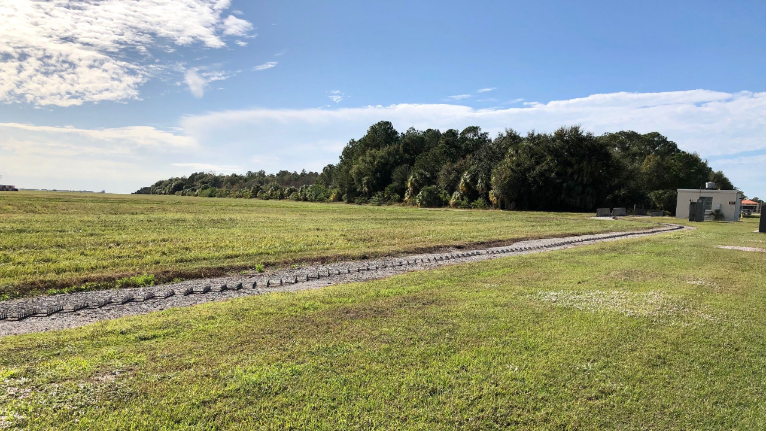TAMPA, Fla. — MacDill Air Force Base said Thursday it's moving forward with a study to find out whether there's a possible forgotten cemetery on its property.
- MacDill to proceed with probe into possible forgotten graves
- Survey work to begin in January with historical research
- In February, a second phase of research is scheduled
MacDill officials held a meeting in early December to determine how to move forward after initial surveys speculated possible graves buried in an area on the base.
MacDill plans to bring out workers from the Air Force Civil Engineer Center and New South Associates to survey the suspect area.
The survey work will begin in January with historical research. Right now there are signs posted restricting access to the area.
"Most importantly what we want to focus on is doing right by the community. If there is a cemetery here after the investigation, we want to make sure we do right by those buried here and pay them the proper respect and the same thing with their families," Brandon Hanner, Chief Media Operations at MacDill Air Force Base, said.
New South Associates will research several archival resources and interview community members to see what they can learn about the potential burial site's location, organization, number of graves, and more. They will also look for any references, maps, and descriptions of the potential burial site.
"We want to keep open communication with the community because it's very important we work closely to respect the area and respect the process. To make sure we do it right and that's why we're hiring the professionals to come in and help us out as well," Hanner said.
- RELATED:
The second step of the process will begin in February with surface studies and a cadaver dog survey, the base said. This phase will help better define the likely location of any possible graves.
After the surface studies and cadaver dog survey are complete, more intrusive surveying could be done to further investigate the area.
"Following the cadaver dog and all of the initial research, we're going to partner with the community to make sure that the next steps we take are going to be appropriate, because anything we past that may get more intrusive," Hanner explained. "We don't want to disturb any land or anything without coordinating with the community first to make sure we're doing this right."



